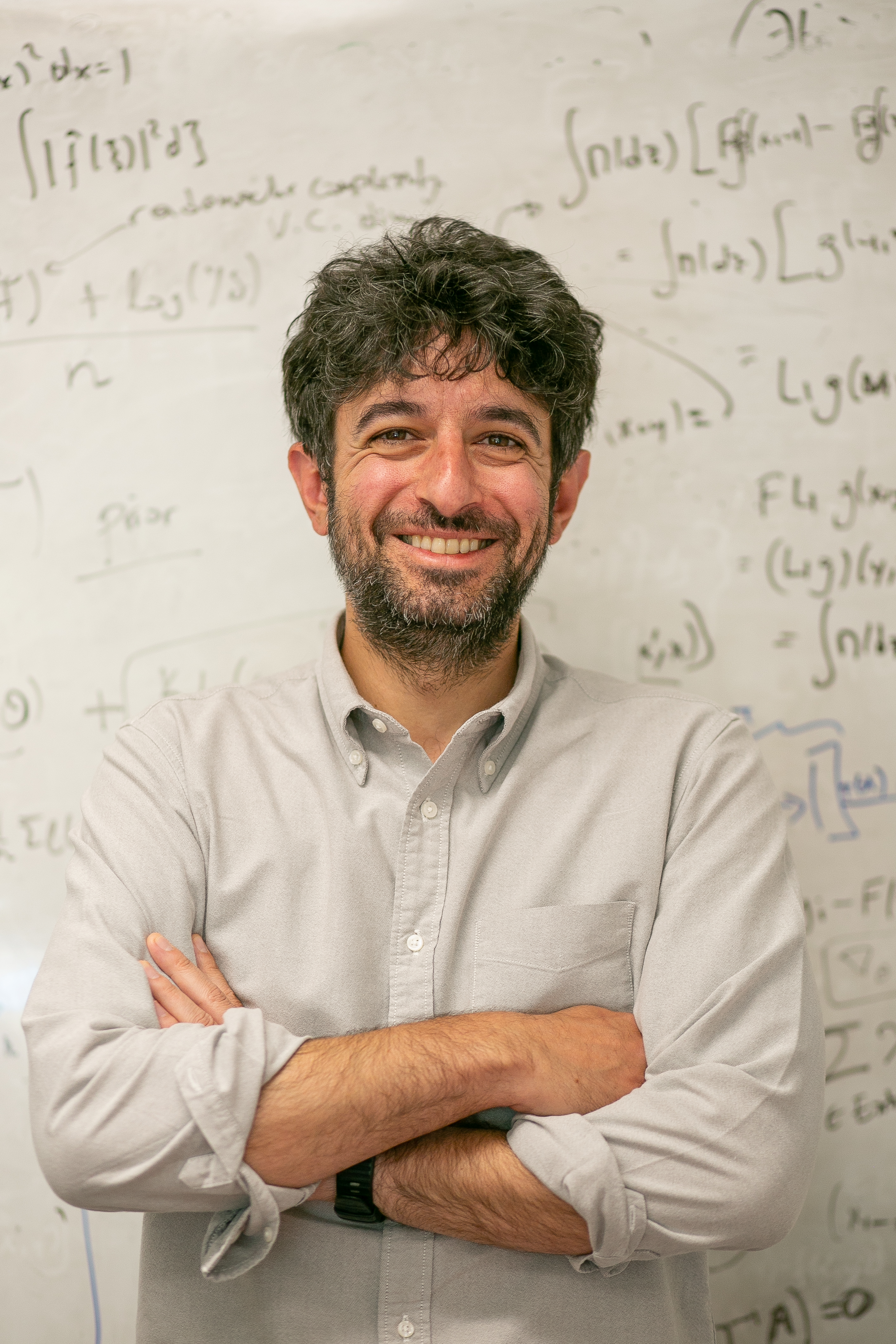October 17th, 2024
New preprint out with P. Potapchik and I. Azangulov, on the iteration complexity of denoising diffusion models under the manifold hypothesis.
The paper is on
arXiv. Our bound is linear in the intrinsic dimension and sharp. In the context of
ImageNet this suggests using ~100 steps (intrinsic dimension), whereas existing state-of-the-art bounds suggest using 150k iterations (ambient dim).
September 30, 2024
New preprint out with I. Azangulov and J. Rousseau, on the convergence of denoising diffusion models
under the manifold hypothesis. The paper can be found
here.
We show that diffusion models achieve rates for score learning and sampling(in KL) independent of the ambient
dimension, showing that they adapt to the underlying manifold structure.

